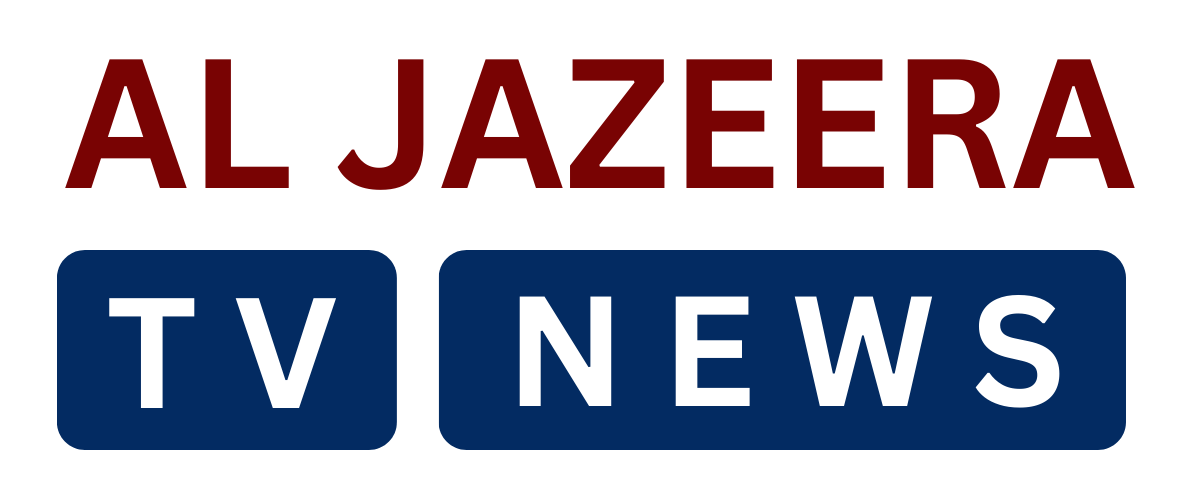Google’s long-standing dominance in the UK search market is facing its most significant challenge yet, as the national competition watchdog has armed itself with new powers to overhaul the company’s business practices. The Competition and Market Authority (CMA) has officially conferred “strategic market status” upon Google, a designation that could compel the tech giant to alter how its search engine and advertising services operate.
This new status is a direct consequence of the UK’s fresh digital laws, designed to rein in the power of major tech firms. The CMA’s decision is based on Google’s overwhelming market share, noting that the platform handles more than nine out of every ten searches in the United Kingdom. This market power, the regulator argues, necessitates a special regulatory framework to ensure a level playing field.
The watchdog is now poised to launch a consultation on a series of potential interventions. Key among these is the idea of “choice screens,” which would allow users to easily select rival search engines, including emerging AI-based services like ChatGPT and Perplexity. The CMA is also exploring rules to guarantee fairer search rankings and give publishers greater say over the use of their content, especially in Google’s AI-powered features like AI Overview.
While the CMA frames the move as a pro-competition measure to stimulate the UK economy, Google has voiced apprehension. A senior director at the company suggested that the proposed changes could stifle the very innovation that benefits users, potentially slowing down the rollout of new AI technologies in the UK. This view contrasts with legal experts who see the UK’s action as a necessary step, aligning with similar efforts in the US and EU to curb Google’s market distortions.
The designation of Google is a watershed moment for UK tech regulation, being the inaugural use of the SMS powers granted by the Digital Markets, Competition and Consumers Act 2024. The industry is now watching closely as the CMA also considers whether to apply the same status to Apple and Google’s powerful mobile phone platforms, signaling a new era of proactive digital oversight.

